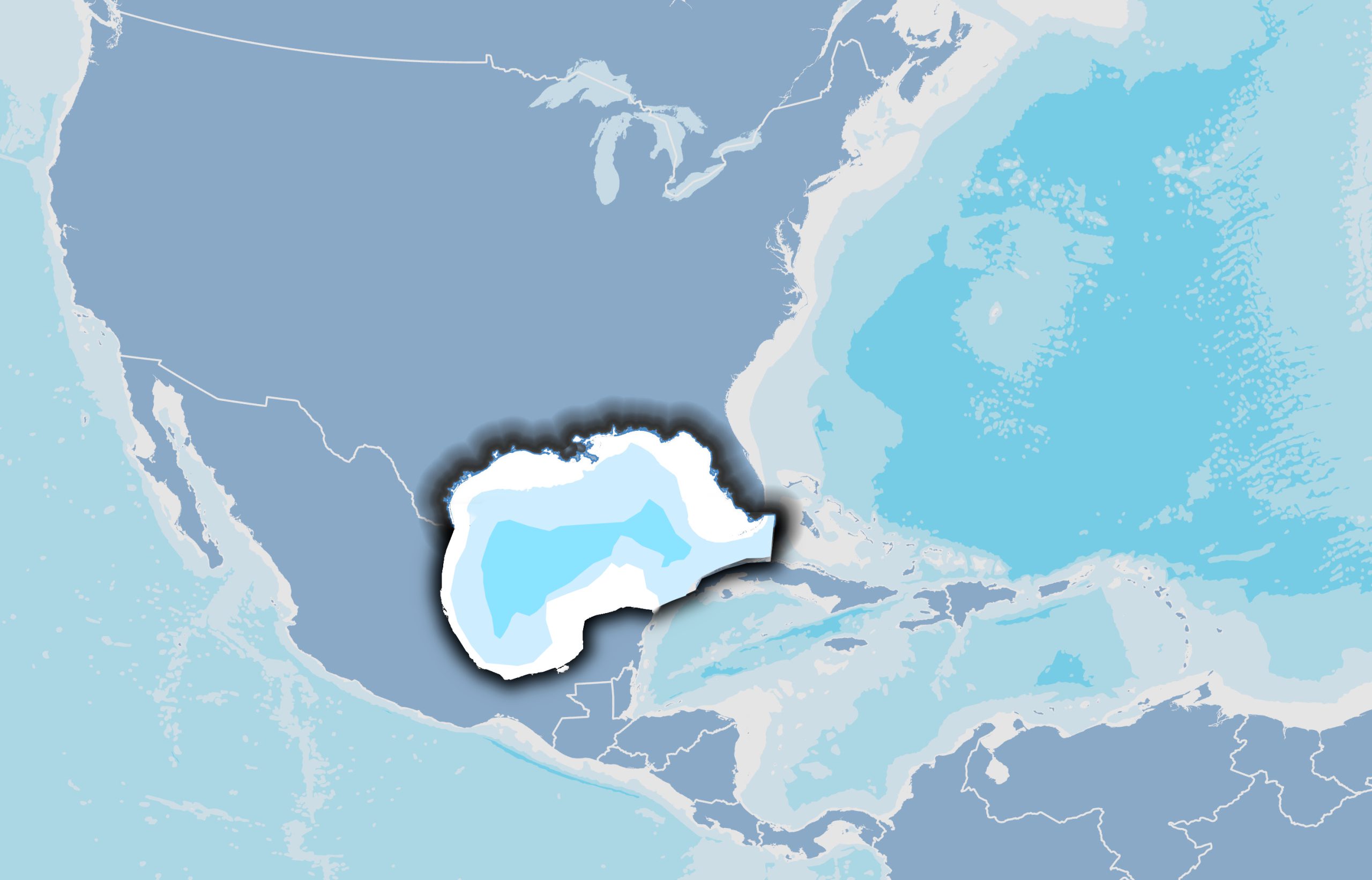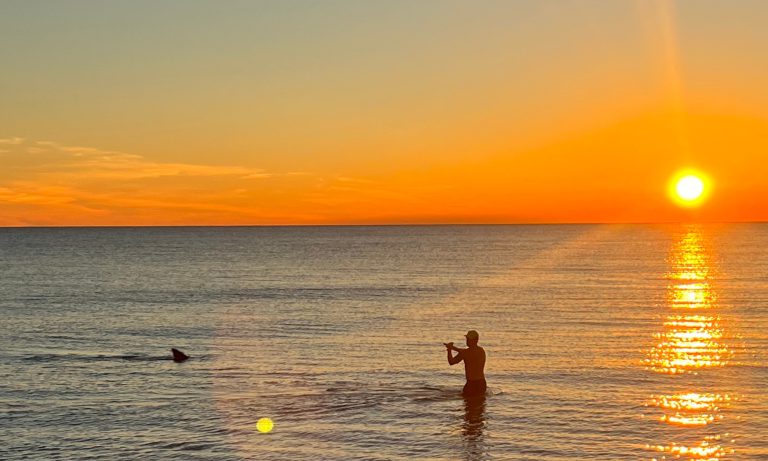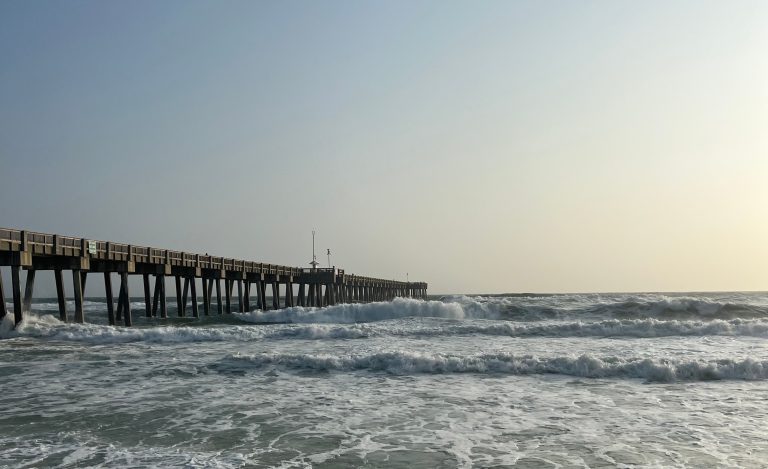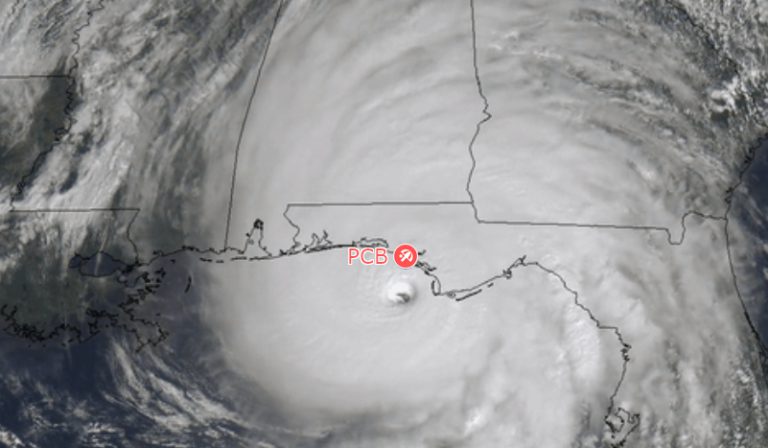A common question people have when they come to the Florida Panhandle, is whether the body of water they are enjoying is the Ocean or the Gulf. The short answer is that both are correct.
The geographical features of the Florida Panhandle are as diverse as its cultural influences, offering a unique blend of landscapes that captivates both residents and visitors alike. One point of contention that often arises is the terminology used to describe the large body of saltwater that graces its shores. Should it be referred to as the Gulf or the Ocean? While both terms are commonly used, there are distinctions that lend themselves to a nuanced discussion.
The primary body of water bordering the Florida Panhandle to the South is the Gulf of Mexico. This vast expanse of saltwater holds ecological significance and plays a crucial role in the region’s climate and economy. However, colloquially, individuals may interchangeably use the term “ocean” to describe this body of water. The question then arises: is it incorrect to call it the ocean?
To delve into this matter, it’s essential to understand the technical differences between the Gulf of Mexico and the broader category of oceans. The Gulf of Mexico is a semi-enclosed sea connected to the Atlantic Ocean, nestled between the southeastern United States, Mexico, and Cuba. Oceans, on the other hand, are expansive bodies of saltwater that cover more than two-thirds of the Earth’s surface and are further divided into distinct basins.
From a geographical standpoint, the term “Gulf of Mexico” is more precise and accurate when referring to the body of water along the Florida Panhandle. However, the use of the term “ocean” is not entirely incorrect, as it reflects a broader understanding of the interconnectedness of Earth’s water bodies. Language, especially when it comes to geographical features, often evolves based on cultural, historical, and linguistic influences.
Cultural context also plays a role in the terminology used by locals and visitors. For those who have grown up along the shores of the Florida Panhandle, the Gulf of Mexico is not just a geographical feature but a part of their identity. Calling it the Gulf is more ingrained in their language, reflecting a sense of place and belonging. On the other hand, individuals from different regions or countries may be more accustomed to using the term “ocean” as a generic descriptor for large bodies of saltwater.
Tourism, a significant industry in the Florida Panhandle, adds another layer to this linguistic tapestry. Visitors from diverse backgrounds may bring their own regional terminology, leading to a mix of language used to describe the same body of water. In this context, the interchangeability of “Gulf” and “ocean” becomes a reflection of the cultural melting pot that defines the Florida Panhandle.
From an ecological perspective, the Gulf of Mexico is a unique marine ecosystem with its own set of challenges and conservation needs. It is home to diverse marine life, including commercially important species like shrimp, oysters, and various fish. Understanding and using the correct terminology can contribute to a more informed conversation about the environmental issues facing this specific body of water.
While there is a technical distinction between the Gulf of Mexico and the broader category of oceans, the use of the term “ocean” to describe the body of water along the Florida Panhandle is not necessarily incorrect. The interchangeability of these terms often reflects cultural, linguistic, and personal factors. However, for those who value precision and wish to highlight the unique characteristics of the Gulf of Mexico, using the term “Gulf” remains the more accurate choice. Ultimately, the language used to describe this vast expanse of saltwater is a dynamic reflection of the diverse perspectives that converge along the shores of the Florida Panhandle.



